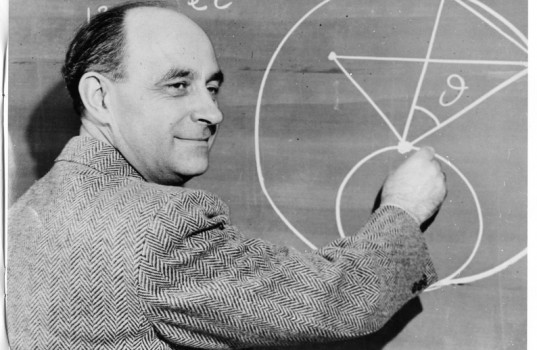Less Uncertainty in Quantum Computing
A recent article in The Economist explained why skepticism about the utility of quantum computing is justified, one of many wait-and-see voices about this exotic and arcane technology. There are certain classes of tasks that may be performed much more quickly – even thousands of times faster – than with classical processors, yet general computing tasks are no faster and may even be slower. With the current state of the art, you can still do as much with optimized conventional systems for most applications.
To understand why this is contentious realize that quantum computers don’t compete on quite the same playing field as other computers. The only ones being built at the moment are what’s called adiabatic quantum computers: they crunch numbers for problems where there are a large number of variables offering nearly infinite possible outcomes and the user needs to find the best one. These are called discrete optimization problems, and there are many in physics. There are arguably fewer in business, but that’s probably because humans tend to approach calculations following the a linear sequential processes we are best able to control and manage. Who knows how business processes would change if we were able to solve enormously complex multivariate problems as easily as we now aggregate quarterly sales results in a spreadsheet.
The company at the focus of most of the discussion on quantum computing, D-Wave Systems, has made extravagant claims for their quantum computer. For this, and because they were the first organization outside of a university lab to build one, they’ve naturally come under some scrutiny from the academics. While benchmark tests have shown the system produces the advertised results, the company has struggled to convince some that it is genuinely using quantum computing techniques as opposed to merely simulating quantum processing operations with high fidelity. This controversy may have been put to rest by a recent paper (reported in the New York Times) that studied data from the D-Wave computer and tried to account for it using three different classical processing models as well as the quantum approach. The paper’s authors found that only the latter model fit, strongly suggesting that the output is that of a true quantum computer.
While this is good news for D-Wave and the field as a whole, one thing illustrated by the whole issue is the immaturity of quantum computing systems. We only now seem to be demonstrating that quantum computing is taking place at all, so questions about its applicability and utility will be open for some time yet. Mature systems that can be brought to bear on real world problems will take longer still. Unless your business success is tightly linked to Moore’s law, quantum computing will likely remain for years to come of academic interest only.
« MAD Skills in 3D Printing Heartbleed Demands OpenSSL Surgery »











